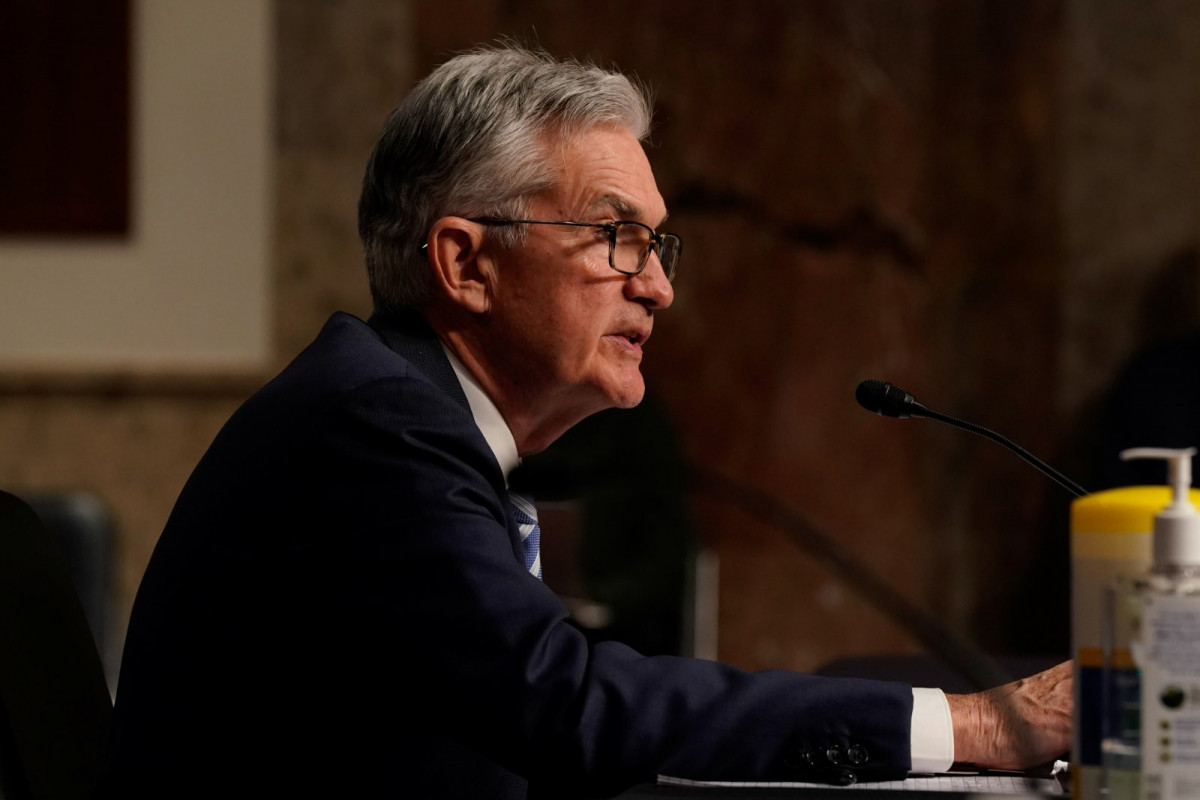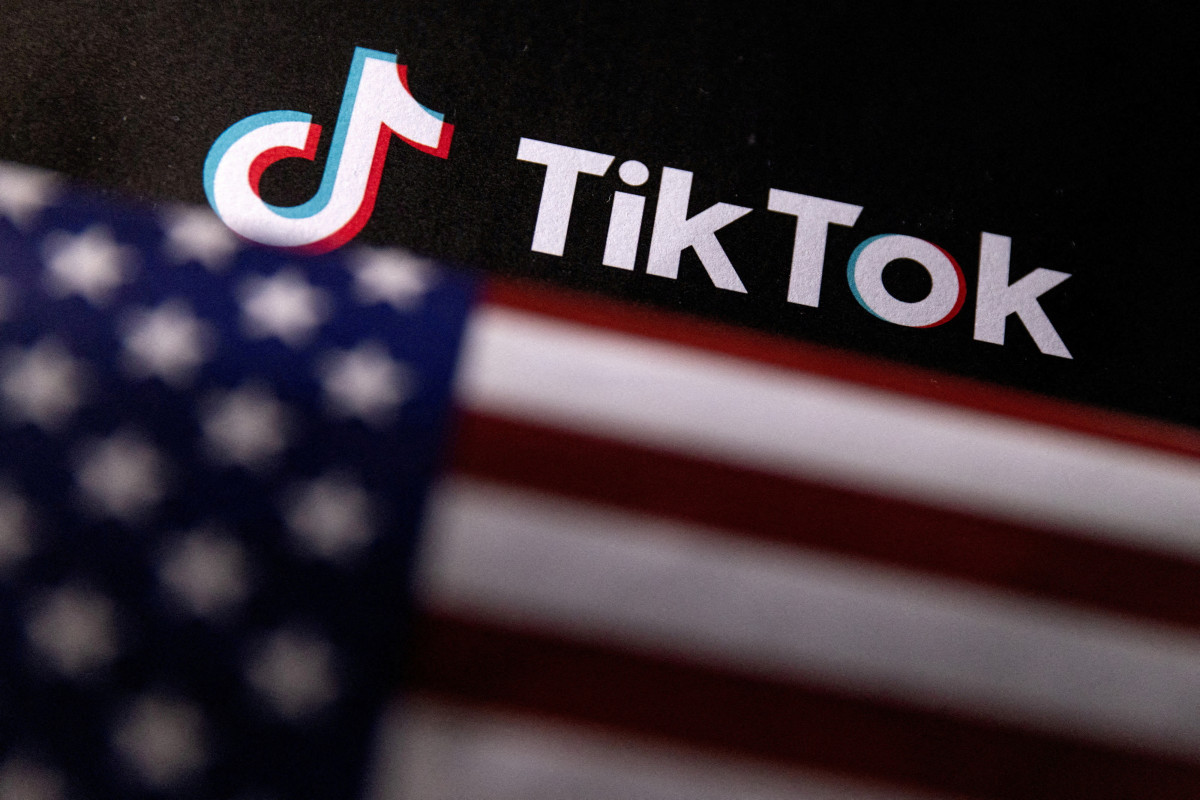The threat of "persistently high inflation" has risen and the U.S. central bank will consider removing stimulus more quickly, Federal Reserve Chair Jerome Powell said Tuesday, APA reports citing Anadolu.
While he said he still expects inflation to recede next year, Powell told the Senate Banking Committee it is time to "retire" the term transitory in relation to the surge in prices.
Powell said that the appearance of the new COVID-19 variant omicron could slow the U.S. economy and hiring, while also raising uncertainty about inflation.
The recent increase in delta cases and the emergence of the omicron variant "pose downside risks to employment and economic activity and increased uncertainty for inflation,” Powell said Monday in prepared remarks to be delivered to the Senate Banking Committee on Tuesday. The new variant could also worsen supply chain disruptions, he said.
Some analysts think a serious economic downturn, like what happened last year, likely will be averted because many people have been vaccinated. But they also think a return to pre-pandemic levels of economic activity, especially in tourism, has been dramatically delayed.
"Uncertainty from the new omicron variant may seem to bring about higher economic risks for (Asia) at a time where it is shifting towards further reopening,” Yeap Jun Rong, market strategist at IG in Singapore, said of the omicron's impact on Asia.
China’s manufacturing activity rebounded in November as orders improved and power shortages eased, according to a survey by an industry group and the national statistics agency.
The survey found that a monthly purchasing managers’ index rose to 50.1 from October’s 49.2 on a 100-point scale. The index spent the previous two months below 50, showing decreasing activity. A measure of production rose 3.6 points to 52, reflecting a recovery from power rationing imposed in major manufacturing areas in September.
Besides waiting on more clues about how much economic damage omicron will ultimately do, the market has several big mileposts this week that could swing prices. The headliner is likely Friday's U.S. jobs report, where economists expect to see an acceleration in hiring by employers during November.
In energy trading, benchmark U.S. crude dropped $2.03 to $67.92 a barrel. It rose $1.80 to $69.95 per barrel on Monday. Brent crude, the international standard, fell $2.29 to $70.93 a barrel.
In currency trading, the U.S. dollar slipped to 112.87 Japanese yen from 113.56 yen. The euro advanced to $1.1365 from $1.1293.






